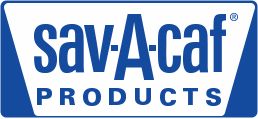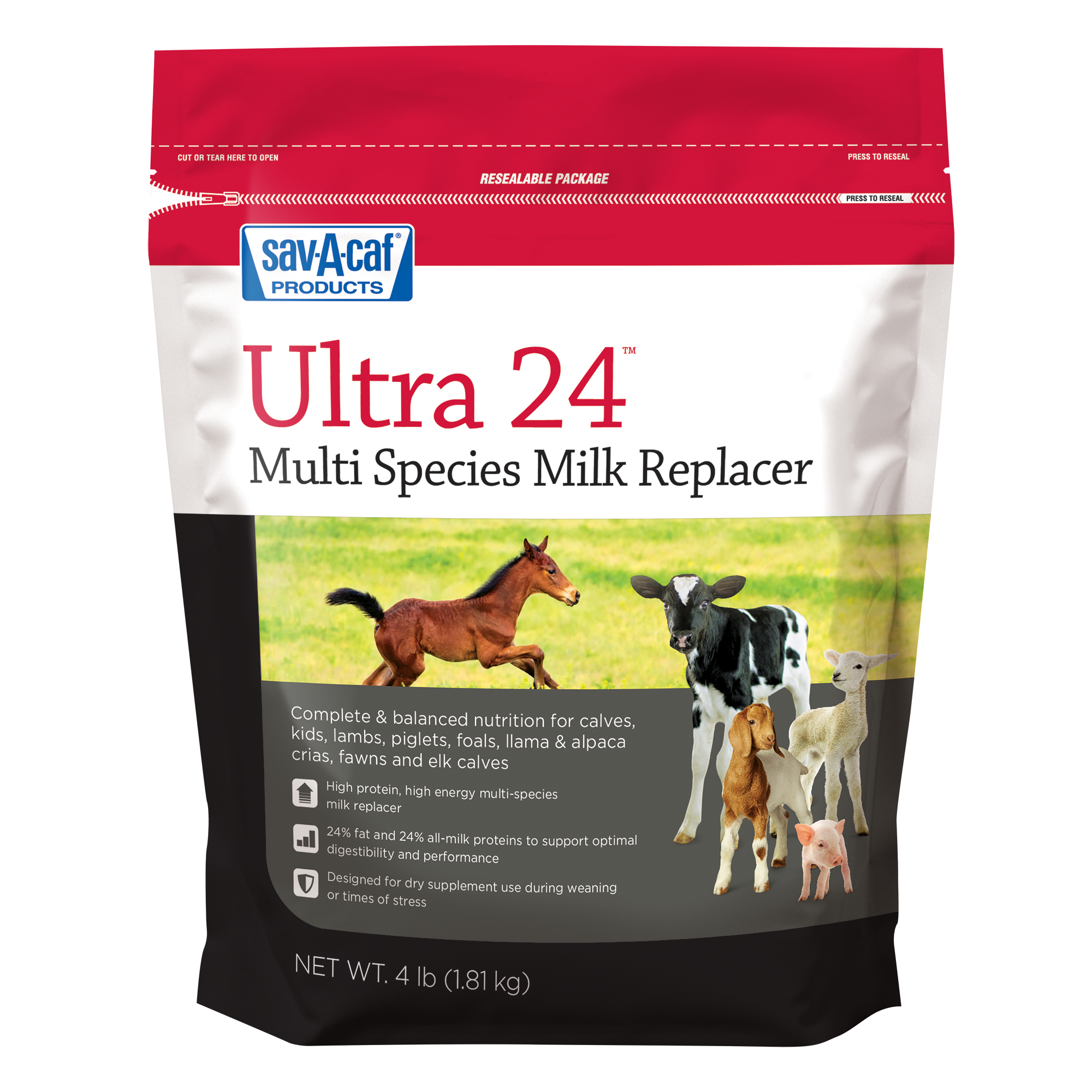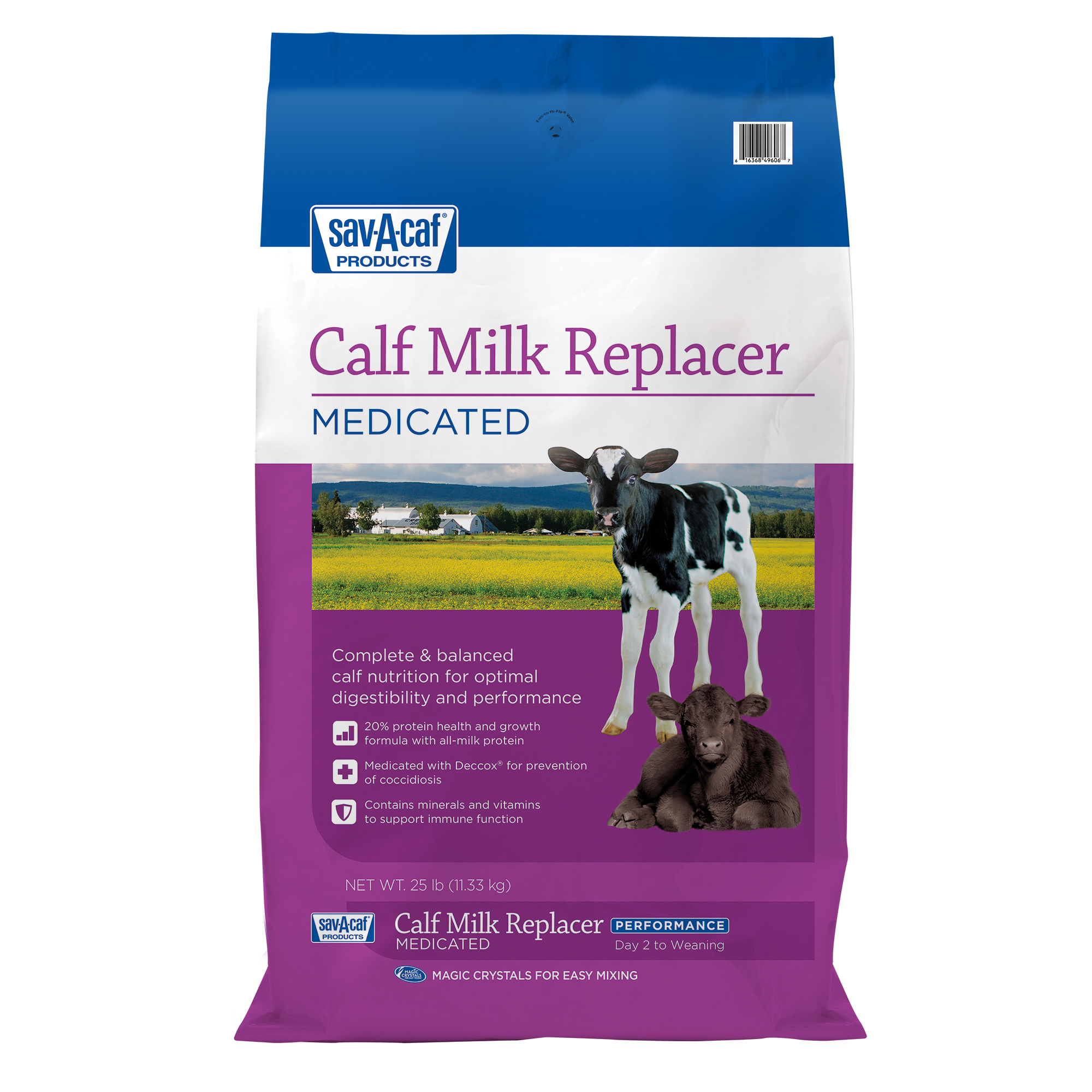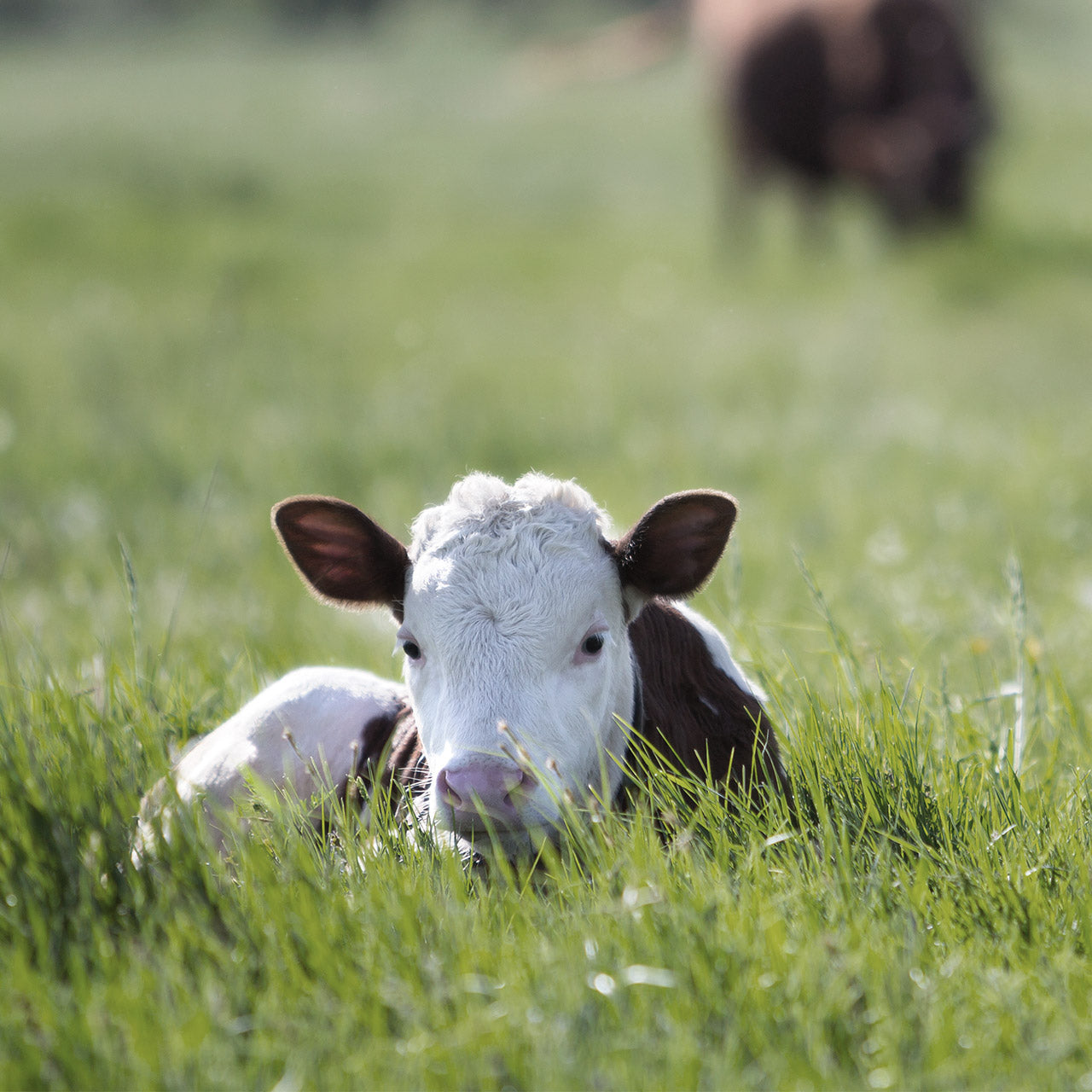
5 Ways to help your calves beat summer's heat
As summer heats up, you may find yourself spending more time in the pool, enjoying ice-cold drinks and sitting in air conditioning to keep cool. Calves also behave differently in the summer to avoid heat stress. By providing your calves with a proper environment and good management, you can help prevent heat stress from harming your calves.
Heat stress in calves causes an increase in respiration rates and body temperature, decreased feed intake, rapid dehydration and reduced immune system function. It is important for the health and well-being of your calves to avoid heat stress.
[IMAGE]
Use these five tips to help your calves combat heat stress this summer:
1. Provide clean, fresh water
The most important aspect of summertime calf raising is providing free-choice, fresh water. Calves exposed to heat stress can consume up to 3-6 gallons of water each day. It is important to check the availability and cleanliness of water a few times daily.
2. Adapt calf housing
Modifying your calves’ environment is one of the best ways to protect them from the weather. Reducing sun exposure can help keep calves cool as temperatures rise. Calf hutches and shelters that completely block the sun are better for keeping calves cool than translucent shelters.
Improving air flow in calves’ environment can also help keep calves cool. Naturally ventilated buildings should have all vents open. Use fans as an additional source of air flow. If you can smell ammonia in the barn, or see condensation on the walls or ceiling, it may be a sign the barn does not have adequate ventilation and should be modified.
3. Keep calf starter fresh
Closely monitor calf starter freshness during hot weather to avoid mold growth or excessive fines left in the bucket. If possible, there should be a solid partition or enough space between water and grain buckets to prevent calves from transferring water into the grain bucket.
4. Cut the stress
Stressful events can include moving, grouping new calves together, vaccinating or dehorning. Plan to perform stressful events in the morning. Evening temperatures seem cool, but animal body temperature lags the weather by four to six hours, making morning hours the best time to work with calves.
5. Know the signs of calf dehydration
Be sure to know the early signs of dehydration in calves. Three key areas can help you determine if a calf is becoming dehydrated:
- Eyes should appear bright and not sunken into their head. If a calf’s eyes are sunken, the calf is likely dehydrated.
- Pinch tests can help you determine if a calf is dehydrated. Grab a fold of skin on the calf’s neck and squeeze it together to make a tent. Once the “pinch” of skin is let go, it should go back to normal in two seconds or less. If the skin stays pinched longer, the calf is experiencing dehydration. Practice this test on animals that you are sure are well-hydrated so you have the experience to recognize when the skin pinch test is slower.
- Behavior is another great way to monitor a calf’s hydration level. If a calf is sluggish, slow to eat or respond during feeding time, it may be dehydrated.
If your calves show any signs of dehydration, it is important to begin feeding electrolytes to help restore hydration. Calf electrolyte supplements do not contain all the nutrients of calf milk replacer, so be sure to offer electrolytes in addition to the calf’s normal diet.
Watch for early signs of heat stress in calves. By catching dehydration early, you can step in and provide calves with electrolytes immediately to help replenish fluid loss. If dehydration symptoms progress, call your veterinarian to determine a treatment plan.
Looking for more tips to raise healthy calves? Find more here.
Find Solutions for Your Animals
-
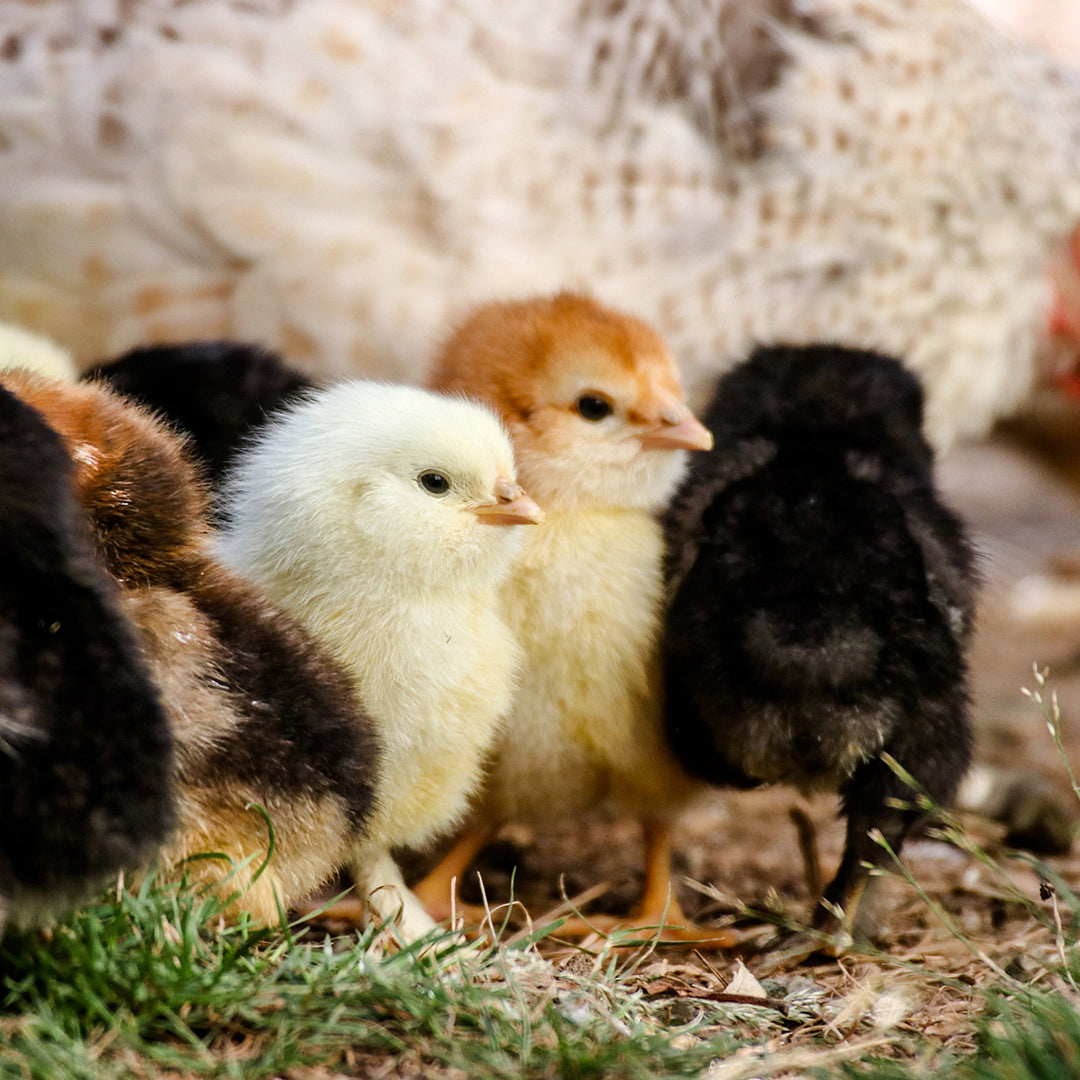
January 11, 2022
Whether housed in a coop or free ranging on your farm, your birds are exposed to multiple threats every day that could cause illness or impact their well-being. Now there’s a way to be more proactive with regular support for...
-
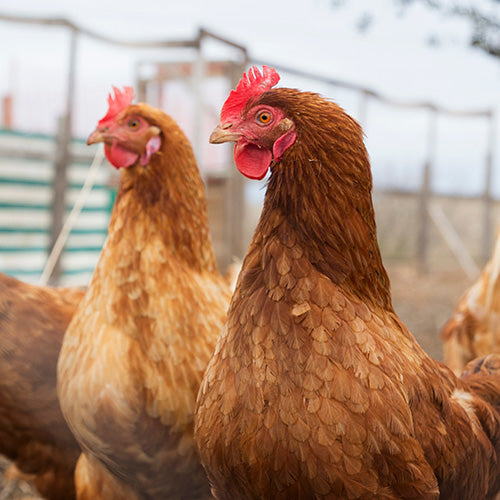
April 6, 2022
You’ve raised your chicks to adulthood and now they’re fully feathered hens. Way to go! Now, you get to enjoy their eggs and companionship for years to come. To maximize their life, support their production potential and kee...
